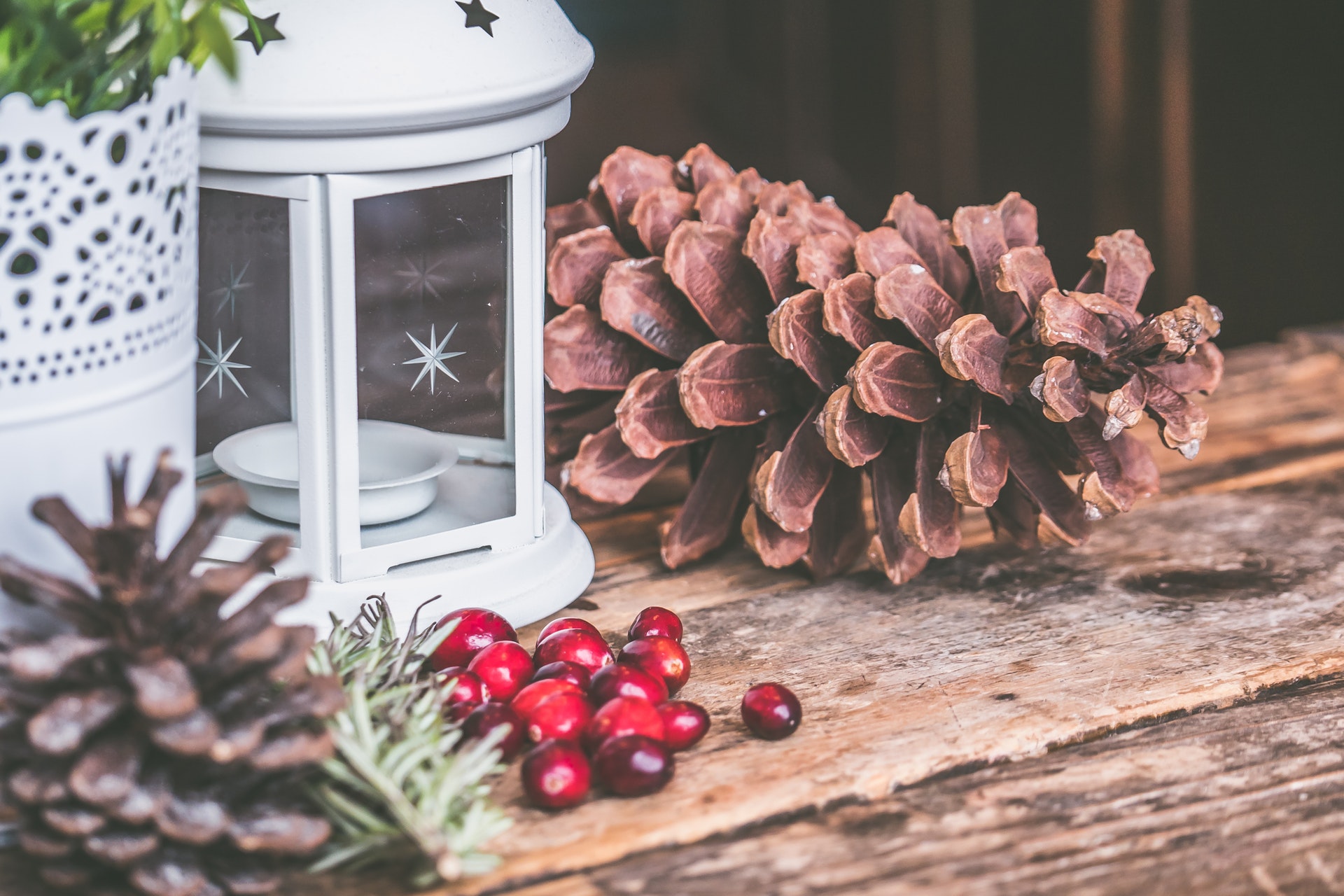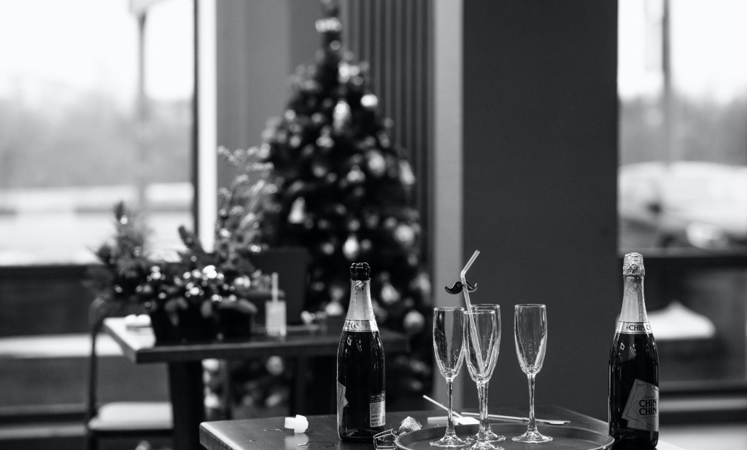The Connection between Mental Health and Festivity The holiday season can evoke various emotions. While some feel excited and eager to celebrate, others may experience anxiety or sadness. Furthermore, with the pandemic still affecting our daily lives, many are dealing with additional stressors that can negatively impact their mental health. This is where the therapeutic …










